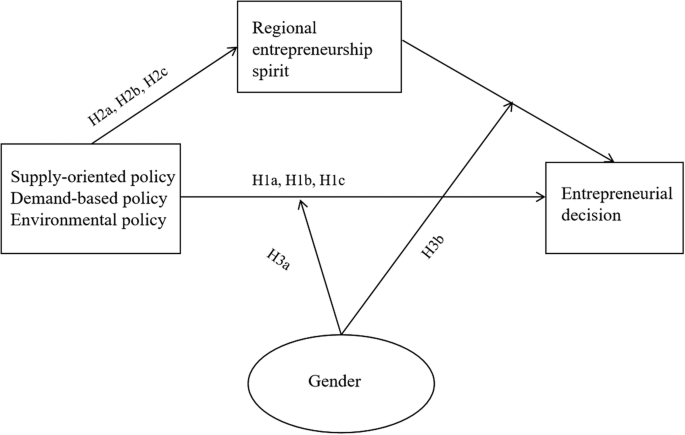Entrepreneurship policies for college students play a crucial role in fostering innovation, driving economic growth, and addressing employment challenges. These policies are designed to stimulate entrepreneurial activities among college students and provide them with the necessary support to start their own businesses. In recent years, countries like China have implemented various entrepreneurship policies to encourage college graduates to pursue entrepreneurship as a viable career option.
The State Council of the People’s Republic of China has introduced several initiatives to support college students in starting businesses, including micro-loans, administrative fee reductions, and tax incentives. These policies aim to create a conducive environment for entrepreneurship and reduce barriers for young entrepreneurs. Additionally, the Ministry of Education in China has established a Steering Committee for College Graduates’ Employment and Entrepreneurship to promote full and high-quality employment opportunities for graduates.
Internationally, the importance of startups in driving employment and economic revitalization has been recognized. Countries like Italy have implemented innovative startup policies to support entrepreneurship and create employment opportunities. These policies focus on providing financial support, improving access to resources, and fostering a culture of innovation among young entrepreneurs.
Entrepreneurship policies can be categorized into supply-oriented, demand-based, and environmentally oriented policy tools. Supply-oriented policies focus on providing resources and support for entrepreneurial activities, while demand-based policies encourage collaboration between industry, academia, and research to drive innovation. Environmental policies create a conducive ecosystem for entrepreneurship by implementing regulatory strategies and financial services.
Regional entrepreneurship spirit also plays a significant role in shaping entrepreneurial activities among college students. Factors such as entrepreneurial awareness, opportunity perception, and self-efficacy contribute to the overall entrepreneurial spirit in a region. Strong regional entrepreneurship spirit can motivate individuals to pursue entrepreneurial opportunities and drive economic growth.
Gender also plays a role in entrepreneurial decision-making, with men and women often approaching risk-taking and decision-making differently. Women tend to engage in more thorough analysis and gather more data before making decisions, while men may exhibit a higher propensity for risk-taking. Understanding these gender differences can help tailor entrepreneurship policies to better support the diverse needs of college students.
In conclusion, entrepreneurship policies for college students should take into account regional entrepreneurship spirit, gender differences, and decision-making processes. By creating a supportive environment for entrepreneurship and addressing the unique challenges faced by college students, countries can foster a culture of innovation and drive economic growth through entrepreneurship.

:max_bytes(150000):strip_icc()/ENTREPRENEUR-final-5f937601d416459bb7c9d28fe5052b42.png?ssl=1)

















